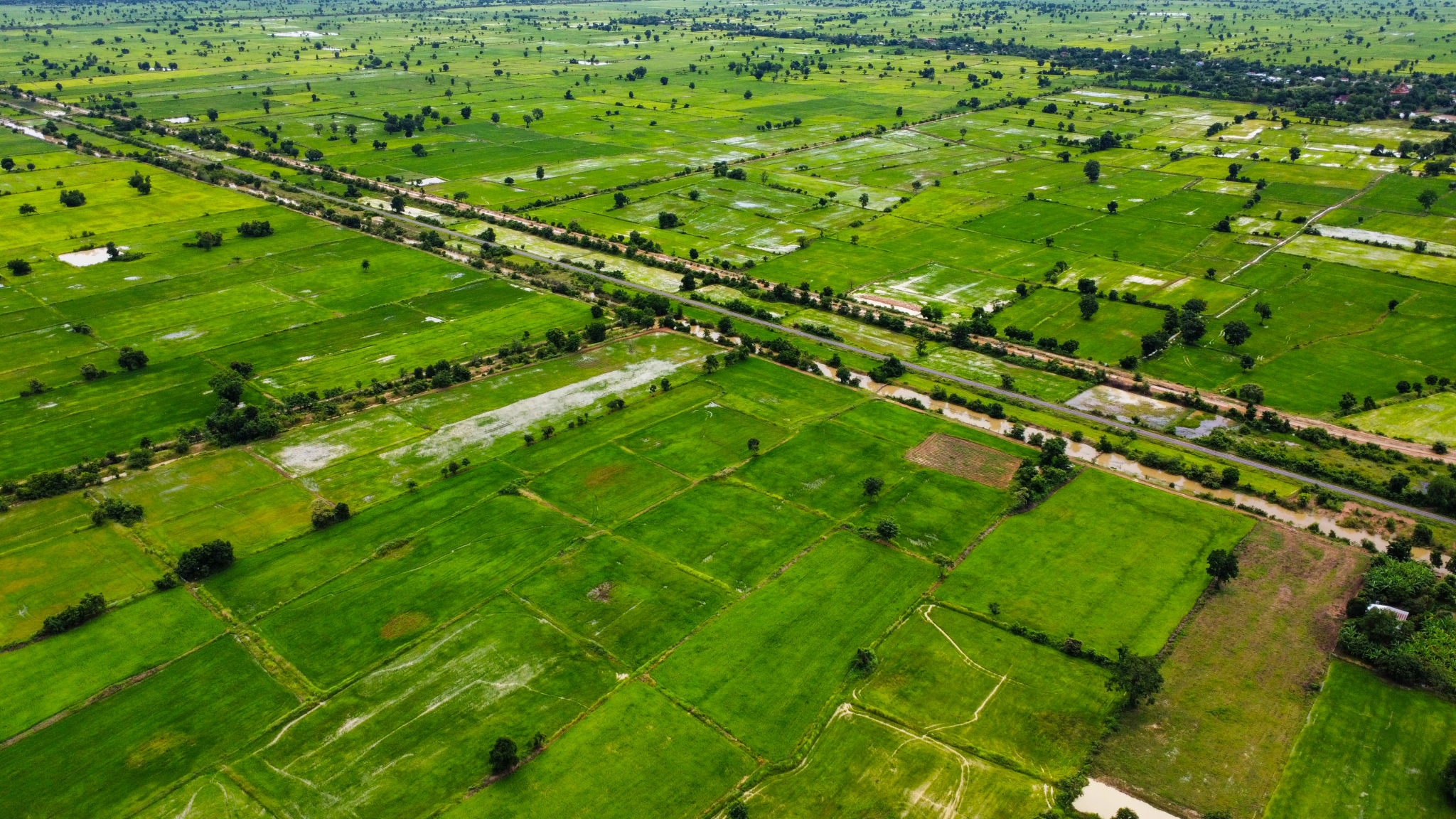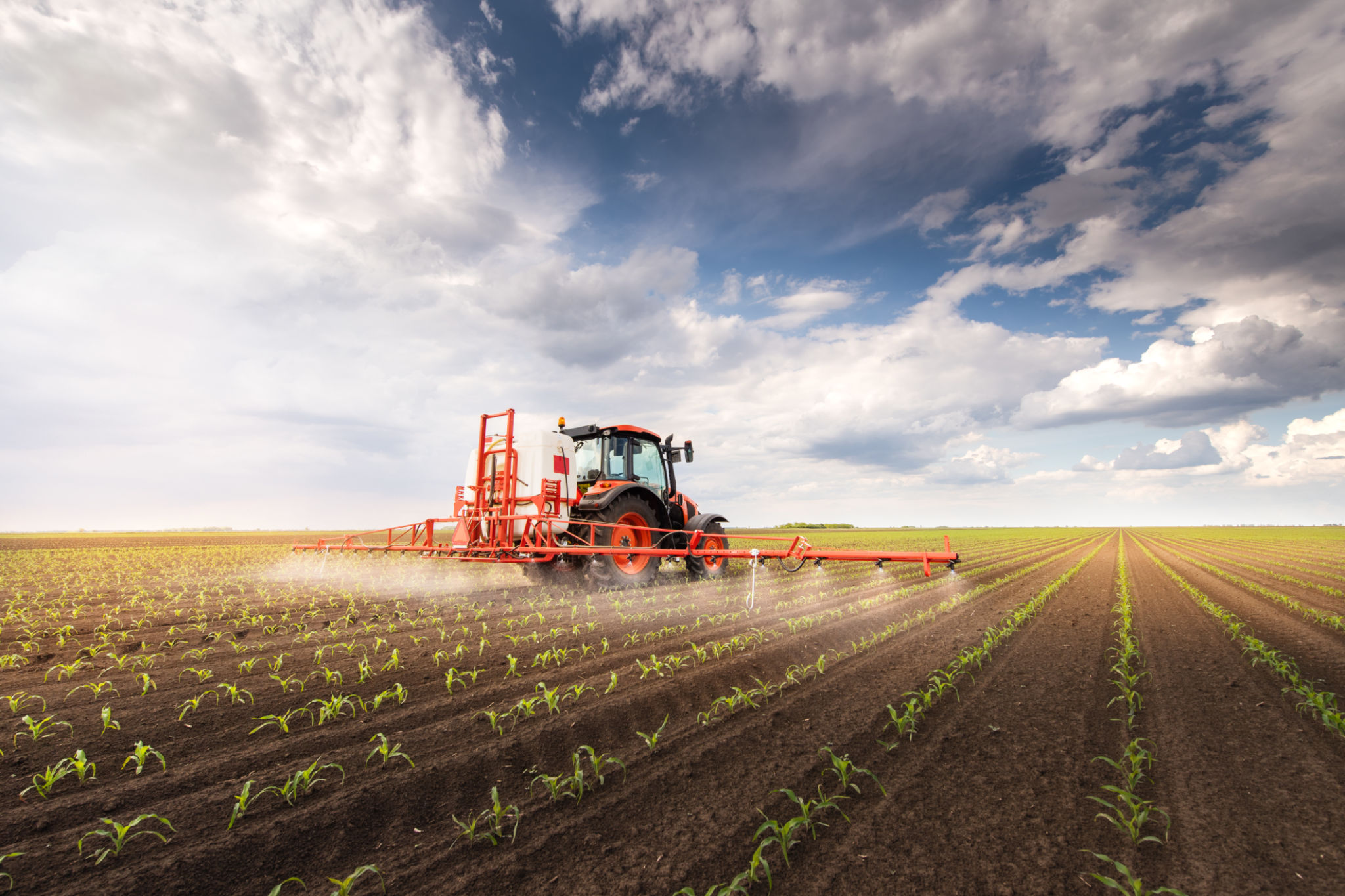Rainy Season Planting Tips for Nigerian Farmers: Maximize Your Yield
The rainy season in Nigeria offers a unique opportunity for farmers to enhance their agricultural productivity. With the right strategies, this period can lead to a bountiful harvest. Here are some essential tips to help you maximize your yield during the rainy season.
Understanding the Rainy Season
The rainy season in Nigeria typically spans from April to October, with variations depending on the region. During this period, water availability increases, making it ideal for planting various crops. Understanding the weather patterns and preparing accordingly can significantly enhance your farming outcomes.

Selecting the Right Crops
Choosing the appropriate crops is crucial for a successful harvest. Opt for crops that thrive in wet conditions, such as rice, maize, and yam. These crops are not only well-suited for the rainy season but also have high market demand.
Consider diversifying your crop selection to mitigate risks associated with unpredictable weather conditions. By planting a variety of crops, you can ensure that even if one fails, others might still yield good results.
Soil Preparation and Fertilization
Proper soil preparation is fundamental in maximizing yield. Start by conducting a soil test to determine its nutrient content and pH level. This information will guide you in selecting the right fertilizers and soil amendments.

Incorporate organic matter like compost or manure to enhance soil fertility. During the rainy season, applying fertilizers at the right time is critical. Consider using slow-release fertilizers to provide a steady supply of nutrients throughout the growing period.
Efficient Water Management
While rainwater is abundant during this season, efficient water management is still essential. Ensure your fields have proper drainage systems to prevent waterlogging, which can damage crops and reduce yields.
- Install trenches or ditches to direct excess water away from crops.
- Use mulching techniques to retain soil moisture and reduce evaporation.
- Monitor rainfall patterns to adjust irrigation practices accordingly.
Pest and Disease Control
The increased humidity during the rainy season can lead to a rise in pest and disease incidences. Implementing integrated pest management (IPM) strategies can help protect your crops effectively.

Regularly inspect your fields for signs of pests and diseases. Use natural predators, organic pesticides, or resistant crop varieties as part of your IPM approach. Timely intervention can prevent minor infestations from becoming major issues.
Post-Harvest Handling
After a successful growing season, proper post-harvest handling is vital to maintain crop quality. Harvest crops at their optimal maturity to ensure the best flavor and nutritional value.
Store harvested crops in a cool, dry place to prevent spoilage. Consider investing in storage facilities or technologies that can extend the shelf life of your produce, thereby increasing your market opportunities.
By implementing these strategies, Nigerian farmers can make the most of the rainy season, ensuring a prosperous harvest. With careful planning and execution, you can significantly enhance your agricultural productivity and contribute to food security in the region.
